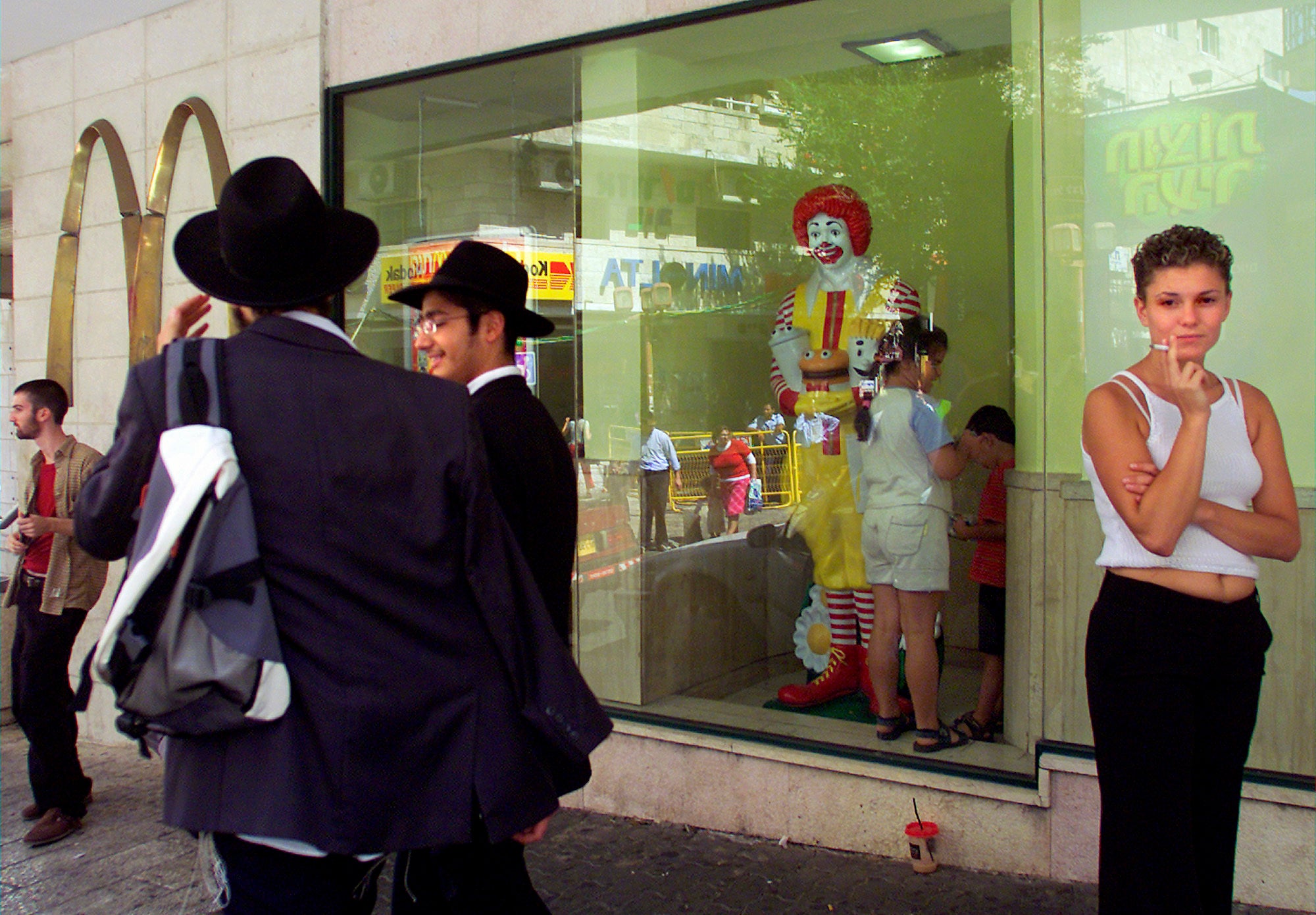McDonald’s posts weaker-than-expected results after sales hit by boycott
Customers across the Middle East and in Muslim-majority markets like Indonesia have been boycotting McDonald’s

McDonald’s has posted weaker-than-expected Q1 results as it is hit by a boycott over its perceived support for Israel.
The fast-food giants said higher US sales in the first quarter helped it overcome weakness in the Middle East and other markets where consumers have been boycotting the brand.
The Chicago burger company said its same-store sales - or sales at stores open at least a year - rose 1.9% worldwide in the January-March period.
That was below Wall Street’s forecast of a 2.1% increase, according to analysts polled by FactSet.
In the US, same-store sales rose 2.5% as the company raised prices and saw higher demand for delivery.
But sales fell 0.2% in McDonald’s international franchised markets.
It was the first time since 2020 that same-store sales have fallen in that segment.
Customers across the Middle East and in Muslim-majority markets like Indonesia and Malaysia have been boycotting McDonald’s for months over its perceived support for Israel.
The boycotts began in October after McDonald’s local Israeli franchisee announced it was providing free meals for Israeli troops involved in the war in Gaza.
McDonald’s has tried to limit the fallout. In early April, the company said it was buying Alyonal Limited, its Israeli franchisee, and taking over the country’s 225 restaurants. Financial terms of the deal weren’t released.

McDonald’s said its revenue rose 5% to 6.17 billion dollars (£4.9 billion) in the January-March period. That was in line with Wall Street’s estimates.
Net income was up 7% to 1.93 billion dollars (£1.5 billion) Earnings, adjusted for restructuring charges, were 2.70 dollars (£2.16) per share.
McDonald’s shares were down 1.5% in premarket trading Tuesday.
In January The CEO of McDonald’s, Chris Kempczinski, has said the fast food chain was seeing a “meaningful” hit to business, as customers boycott the firm in the Middle East for its perceived support of Israel.
Mr Kempczinski said in a LinkedIn blog post on Thursday: “Several markets in the Middle East and some outside the region are experiencing a meaningful business impact due to the war and associated misinformation that is affecting brands like McDonald’s.
“This is disheartening and ill-founded. In every country where we operate, including in Muslim countries, McDonald’s is proudly represented by local owner operators who work tirelessly to serve and support their communities while employing thousands of their fellow citizens.”
“Our hearts remain with the communities and families impacted by the war in the Middle East. We abhor violence of any kind and firmly stand against hate speech, and we will always proudly open our doors to everyone,” he added.
The pro-Palestinian Boycott, Divestment and Sanctions (BDS) officially called for a boycott of the brand earlier this year.
Join our commenting forum
Join thought-provoking conversations, follow other Independent readers and see their replies
Comments
Bookmark popover
Removed from bookmarks